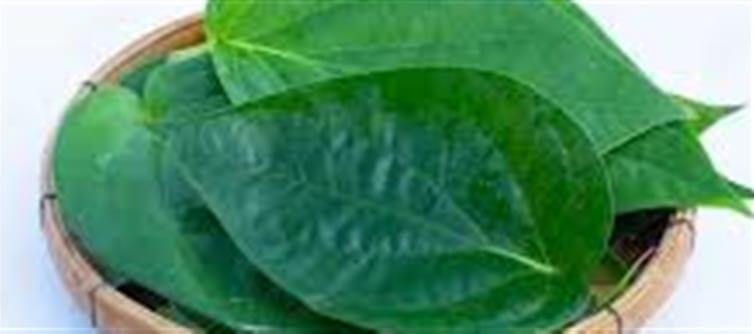
Betel leaf, commonly known as paan, has been used for centuries in traditional medicine, especially in Ayurveda, for its wide range of health benefits. When consumed without tobacco or harmful additives, betel leaf can offer several wellness advantages. It is rich in antioxidants and has antibacterial, antifungal, and anti-inflammatory properties, making it beneficial for overall health and immunity.
One of the key benefits of betel leaf is its ability to aid digestion. It stimulates the release of digestive juices and enzymes, helping to improve appetite and ease issues like bloating, constipation, and indigestion. Chewing a clean betel leaf after meals can help soothe the stomach, reduce acidity, and promote smoother digestion. In some cultures, it’s a traditional remedy for relieving gas and abdominal discomfort.
Betel leaf is also known to support oral health. Its antimicrobial properties can help fight bacteria in the mouth, reduce bad breath, and protect gums. In traditional practices, chewing betel leaf was believed to strengthen teeth and prevent infections. However, it's important to note that these benefits are only associated with the plain leaf—not commercial paan varieties that contain tobacco, areca nut, or synthetic sweeteners, which carry significant health risks.
Additionally, betel leaves may help in managing respiratory conditions. The warming nature of the leaf and its expectorant properties can assist in relieving congestion, cough, and mild cold symptoms. Some people use warm betel leaf juice or decoctions as a home remedy for bronchial and throat irritation. Overall, when used moderately and without harmful additives, paan (betel leaf) can be a natural and beneficial addition to one’s wellness routine.
Disclaimer: This content has been sourced and edited from Indiaherald. While we have made adjustments for clarity and presentation, the unique content material belongs to its respective authors and internet site. We do not claim possession of the content material.
.jpg)




 click and follow Indiaherald WhatsApp channel
click and follow Indiaherald WhatsApp channel